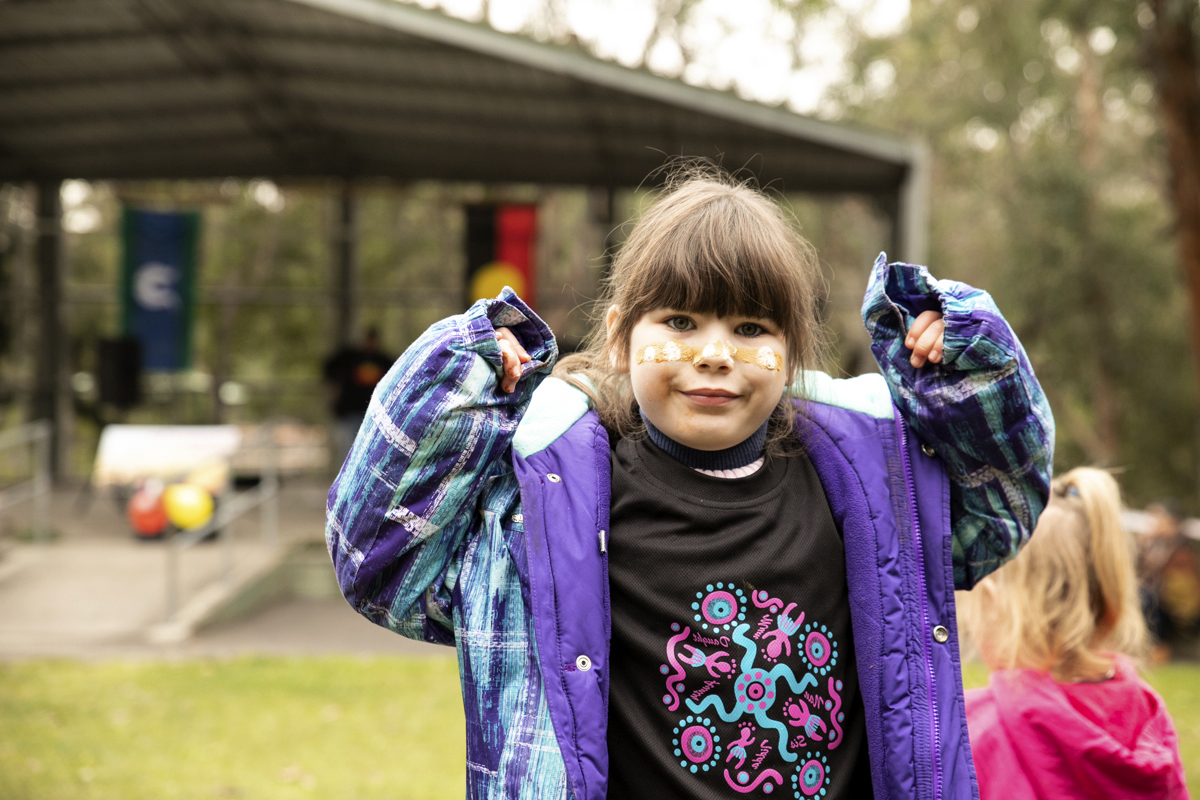Strong Aboriginal families and communities means strong Aboriginal children
The Victorian Aboriginal Child and Community Agency (VACCA) is a statewide Aboriginal Community Controlled Organisation (ACCO) servicing children, young people, families, and community members in Victoria.
VACCA is Victoria’s peak voice for Aboriginal and Torres Strait Islander children. As the largest organisation of its kind, VACCA has protected and promoted the rights of Aboriginal children, young people, families and community since 1977.
Our CEO
.png)
We will continue to fight for our children's futures, and for our communities to thrive
Adjunct Professor Muriel Bamblett Hon DLitt SW AO
Muriel Bamblett is a Yorta Yorta, Dja Dja Wurrung, Taungurung, Boon Wurrung Elder and has led VACCA as CEO since 1999. Muriel is also Chairperson of SNAICC, the peak body representing Aboriginal and Torres Strait Islander child and family services nationally.
Muriel is currently active in over 30 advisory groups concerning the Aboriginal community, including the Aboriginal Treaty Working Group; Aboriginal Family Violence Steering Committee; Victorian Children's Council; Aboriginal Justice Forum; and the Aboriginal Community Elders Service, to name just a few. Muriel was heavily involved in the Northern Territory Child Protection Inquiry from 2009-11.
Under Muriel’s leadership, VACCA has grown exponentially. Today, VACCA employs more than 1,000 people, and is one of the largest employers of Aboriginal people in the state.
A spirited and intellectual force for change, Muriel is driven by the desire to give children in care a connection to culture - 'they have their Aboriginality, they have a genealogy, and they feel a connection to land'.
Muriel’s work has been recognised with many awards, including the Order of Australia; NAIDOC Person of the Year; Centenary of Federation Medal; Robin Clark Memorial Award for Inspirational Leadership in the Field of Child and Family Welfare; Women’s Electoral Lobby Inaugural Vida Goldstein Award; and Victorian Honour Roll of Women.
In 2009, Muriel was made an Adjunct Professor in the School of Social Work and Social Policy La Trobe University. In 2017, she was awarded an honorary degree of Doctor of Letters in Social Work by the University of Sydney in recognition of her outstanding contribution to Aboriginal child and family welfare.
VACCA's History
VACCA emerged from a long and determined Aboriginal Civil Rights movement in Victoria.
VACCA was founded on the belief that Aboriginal people have the right to the care and custody of their own children, so they can grow surrounded by community and culture.
That belief continues throughout our work today. As our founder, Aunty Mollie Dyer once said:
Because of the chain of historical events which has led to the fragmentation of our Aboriginal families of today, it is up to each and every one of us to do all we can together to ensure that this situation is halted and reversed...

Our Story
Discover our Board of Directors
There are seven Aboriginal community elected Directors who form the Board and at VACCA the role of the Board is one of governance. The Board works with the CEO to oversee the longer term strategic goals (as set out in our strategic plan), set aims and objectives and establish policies.


